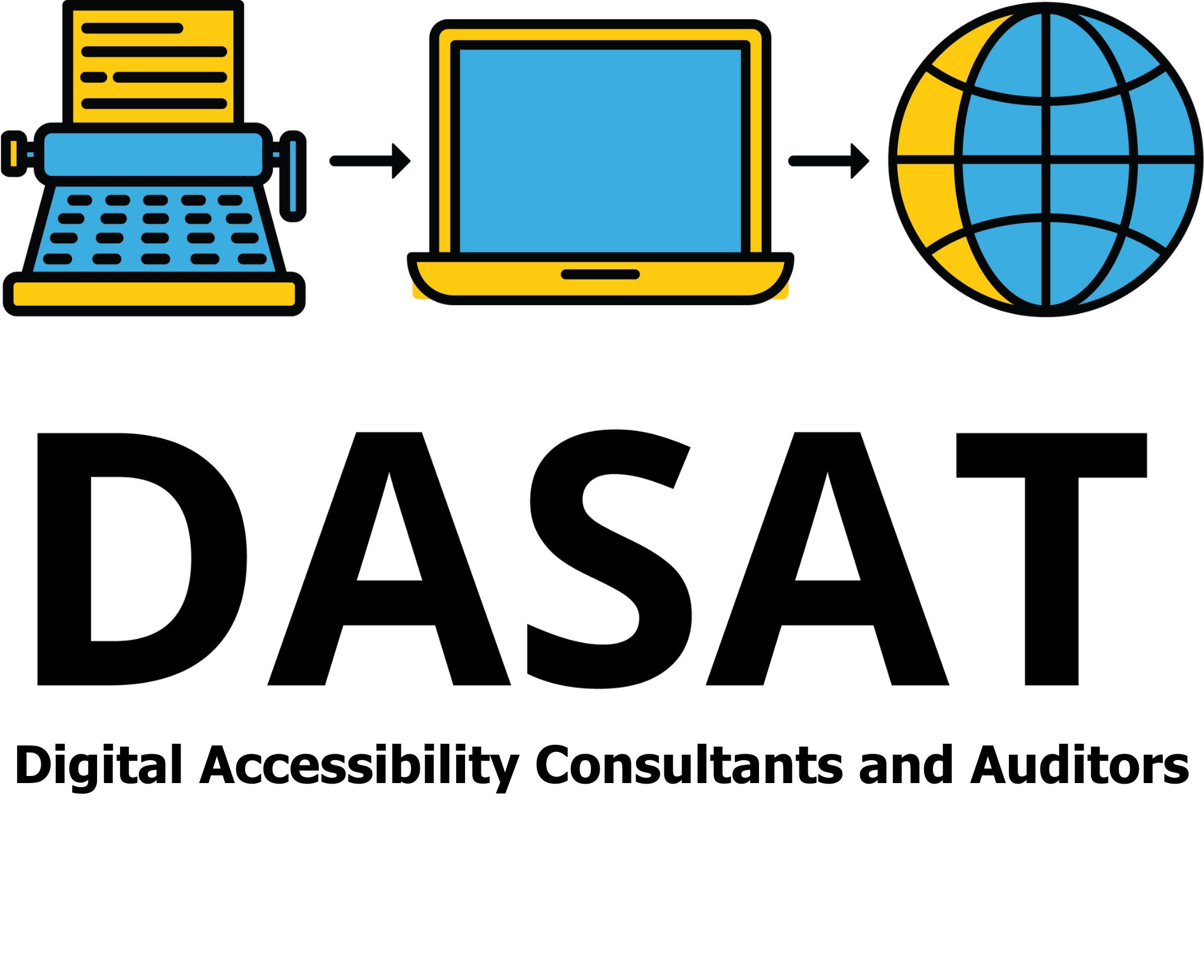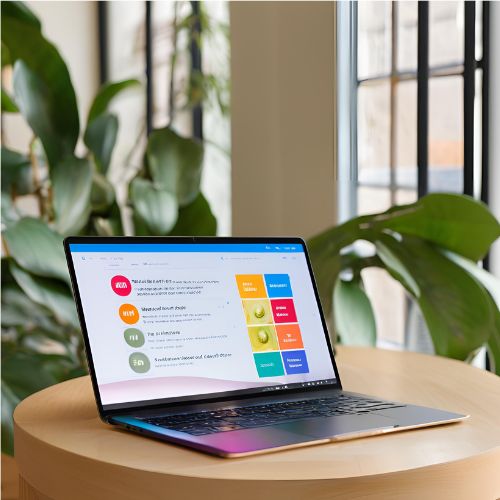
Relevance in Digital Communication Matters. Why?
Have you ever looked for something online and found exactly what you needed? That’s the power of relevance in digital communication. Relevance means sharing the right information with the right people at the right time. It helps websites, blogs, and social media posts grab attention, keep people interested, and deliver value.
Why relevance is so important? How do you make your content relevant? How do you avoid common mistakes that can make your audience lose interest?
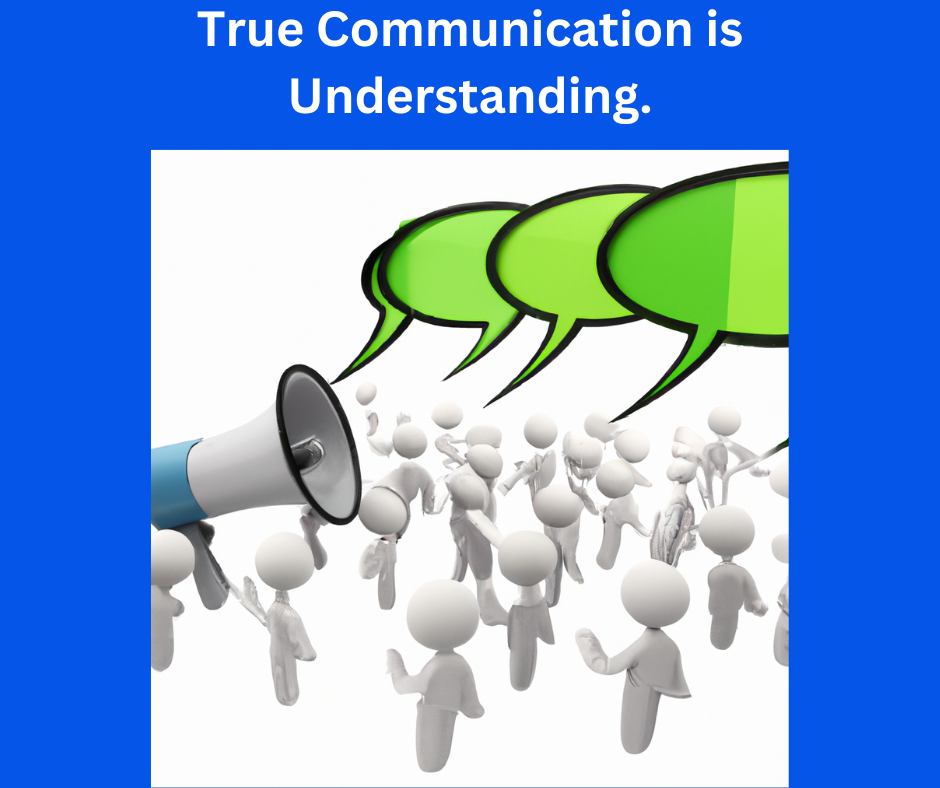
What Does Relevance Mean in Digital Communication?
Relevance is all about connection. It’s when the information you share matches what your audience is looking for. Imagine you want tips to cook your favourite food. If you click on a link and it’s about something totally unrelated, like computer games, you leave the page immediately. It isn’t relevant to you.
For digital content, being relevant means understanding what people want and giving it to them. For example, if someone searches “easy ways to draw flowers,” they expect a guide with clear steps, not a general article about art. Relevance makes sure your content is useful, interesting, and valuable to the people who find it.
Relevance is important.
The internet is full of information. Most of it is ignored. People only spend time on sites that are important to them. If your content isn’t relevant, it gets lost in the noise. Relevance helps your content stand out and keeps your audience coming back for more.
What are three reasons why relevance matters:
- It grabs attention. That is, when content connects with your audience, they’ll click, read, or watch because it feels like it was made for them.
- It builds trust. If people see that you understand their needs, they trust your content and might share it with others.
- It encourages action. Relevant content makes people more likely to subscribe, comment, or even buy something.
Being relevant also makes your content easier to find. Search engines like Google show relevant content higher in search results, which means more people can discover what you’ve created.
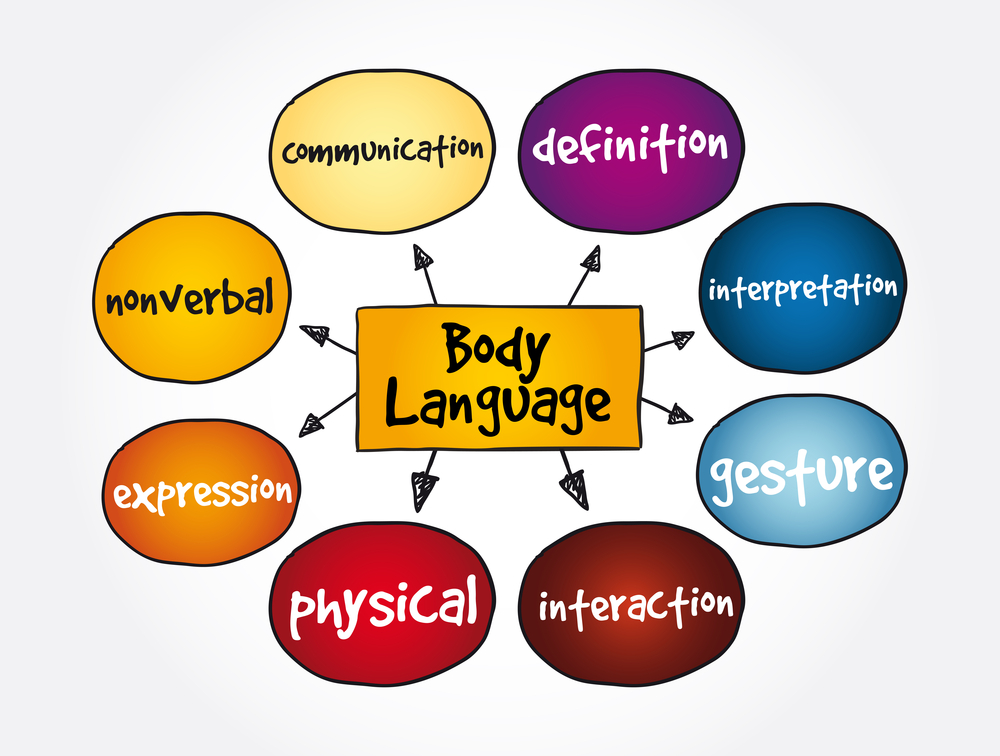
Creating Relevant Content
Know Your Audience
To be relevant, you need to understand the people you’re talking to. What do they like? What problems are they solving? Tools like online surveys, social media polls, or even asking friends for feedback can help you figure this out.
For example, if you’re writing for kids who love video games, focus on gaming tips, tricks, and fun challenges instead of boring or unrelated topics.
Use the Right Keywords
Keywords are the exact words people type into search engines. Using the right keywords makes it easier for people to find your content. For example, if you’re making a guide about Minecraft, include phrases like “Minecraft building tips” or “how to survive in Minecraft.”
Sprinkle these keywords naturally into your titles, headings, and body text. But remember, don’t overdo it—your content should still sound like you’re talking to a person, not a robot.
Solve a Problem or Answer a Question
People search online because they want help with something. Make sure your content is useful by solving a problem or answering a question.
Ask yourself:
- Does this content explain something clearly?
- Will someone find it helpful or interesting?
- Does it match what my audience is looking for?
For instance, if you’re writing about drawing, include simple steps, tips for beginners, and common mistakes to avoid.
Make It Fun and Personal
Personal touches make your content more relatable. Share a funny story, a cool fact, or a tip you’ve learned from experience. This shows your audience that you’re just like them and makes your content feel more real.
For example, if you’re writing about learning a new skill, share a moment when you made a mistake and how you fixed it. Your audience will appreciate your honesty.
Stay Up-to-Date
Trends and interests change over time. If your content feels old or out of touch, people might skip it. Regularly update your blog, videos, or posts to reflect what’s new and exciting.
For example, if you’re discussing apps, include popular ones like TikTok, Instagram, or Snapchat instead of apps no one uses anymore.
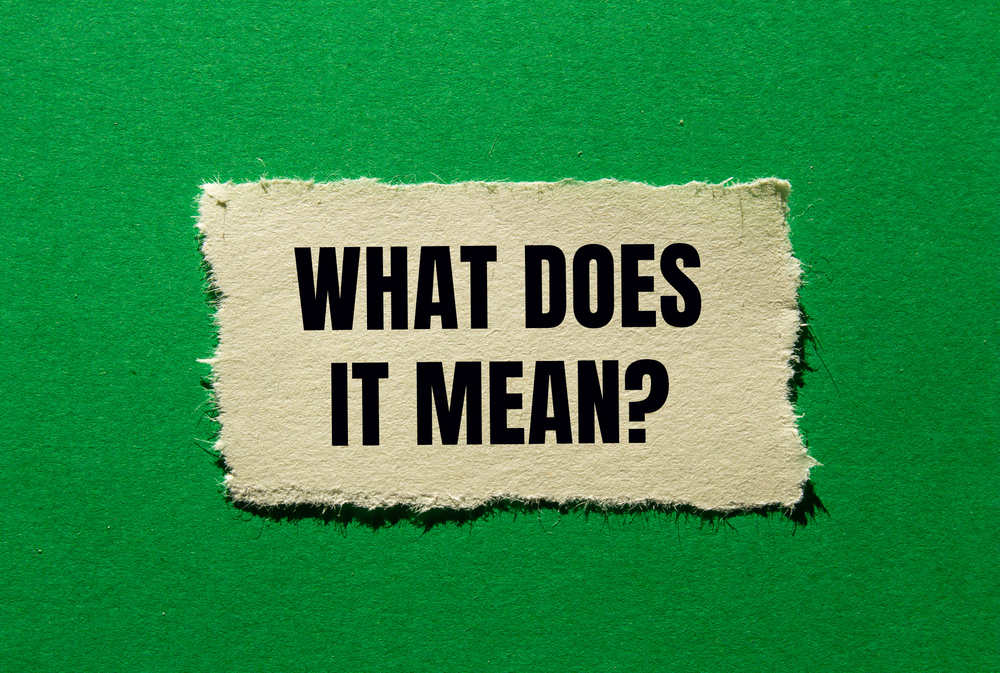
Relevance in Context
Relevance also depends on things like where, when, and how people interact with your content. Think about these scenarios:
- Location: A person in a hot climate searching for “best shoes” might want lightweight sneakers, while someone in a cold area may look for warm boots.
- Device: People using phones want short, quick content. On a computer, they might be ready to read a detailed guide.
- Timing: A blog about holiday crafts is most useful during November and December—not in the middle of summer.
Paying attention to these details makes your content even more impactful.
Bullet points and lists make information quick and easy to read. Organize steps, features, or any details in numbered lists so readers can quickly find what they need. This way, your reader can find key information without much effort.
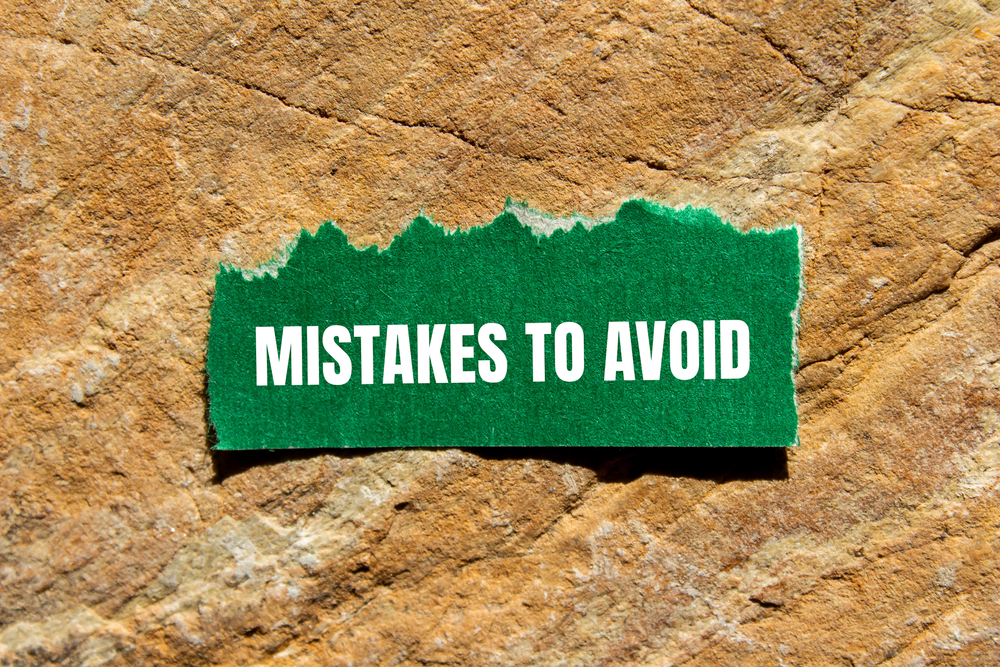
Common Mistakes to Avoid
Even if you try to be relevant, some mistakes can ruin your efforts:
- Keyword Overload: Using too many keywords can make your content feel unnatural and confusing. Focus on quality, not quantity.
- Ignoring Feedback: If your audience isn’t engaging with your content, find out why. Ask for feedback and use it to improve.
- Skipping the Basics: While trends are fun, timeless topics—like “how to bake cookies” or “beginner drawing tips”—never go out of style.
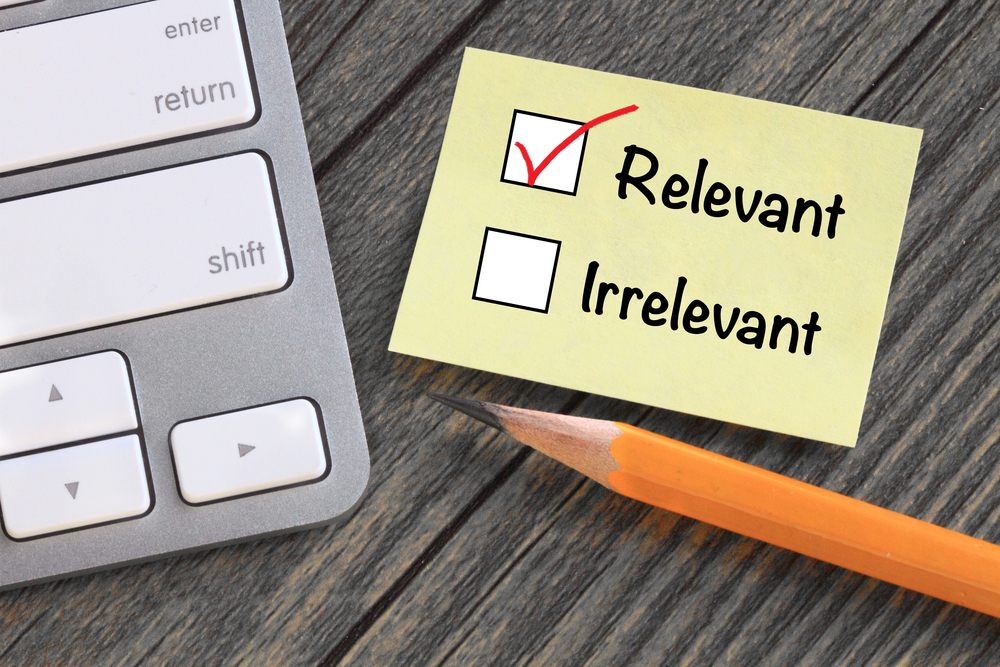
Is Your content Relevant?
You’ll know your content is working if:
- People spend time on your page: If they leave quickly, it might not be what they wanted.
- You get likes, shares, or comments: These show your audience found your content interesting or helpful.
- It ranks well on search engines: This means the right people are finding it.
By keeping track of these results, you can adjust your approach and make your content even better.

Relevance makes a difference
Relevance in digital communication isn’t just important—it’s everything. It’s how you connect with your audience, share valuable information, and keep people coming back for more. Whether you’re writing a blog, creating a YouTube video, or posting on social media, staying relevant will help your content stand out and succeed.
